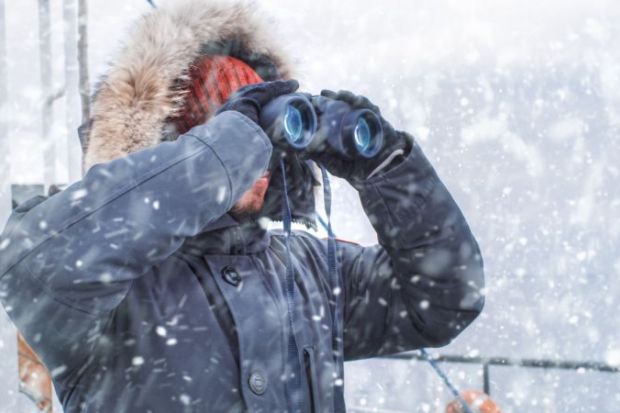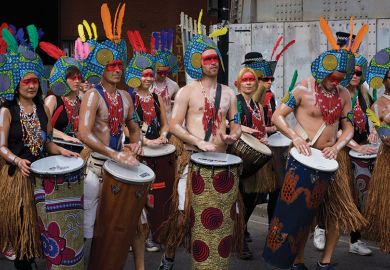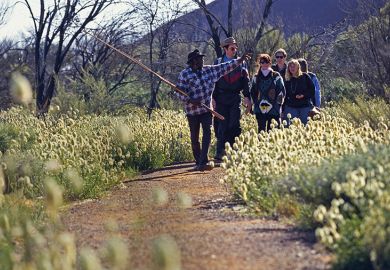Indigenous knowledge is perceived as less valuable than scientific knowledge, and there is a growing funding gap between the two systems, according to a paper that calls for more equitable collaborations.
The study, based on the views and experiences of 18 participants who were Indigenous knowledge holders or people working closely with Indigenous knowledge holders across the Arctic, found that Indigenous knowledge (IK) was often added as anecdotes to scientific studies or misinterpreted through scientific validation.
The paper says it is important to recognise that Indigenous knowledge and science were often “asking different questions” and suggests that “if science is evaluated by its own peer reviewers internal to that knowledge system, it seems under an equitable system IK would be evaluated by knowledge holders from that knowledge system”.
Another concern is that while funding for Arctic science is on the rise, the same trend is not occurring for research rooted in Indigenous knowledge or conducted by Indigenous people.
The research, “The need for transformative changes in the use of Indigenous knowledge along with science for environmental decision-making in the Arctic”, published in People and Nature, says this discrepancy is a key reason for the power imbalance between the two systems and argues that more equitable partnerships are needed to better inform decision-making and advance common environmental goals.
Gunn-Britt Retter, head of the Arctic and environment unit of the Saami Council and one of the authors of the paper, said the funding gap meant that Indigenous organisations sometimes feel pressured to agree to requests for collaboration from scientists, even when these partnerships “feel tokenistic and do not meet the needs of our communities”.
More funding for Indigenous organisations would enable them to be “stronger partners with science”.
Ms Retter added that there was a misunderstanding that Indigenous knowledge has not been verified, when in fact “you only transfer Indigenous knowledge which works and which is valid”.
“That in itself is validation happening between generations,” she said.
“In the Arctic in particular, we are facing such rapid changes that we need science to support our decision-making. But science also needs support from Indigenous knowledge to understand the full picture.”
Helen Wheeler, lecturer in zoology at Anglia Ruskin University and lead author of the paper, said there was an increasing interest among scientists in working with Indigenous knowledge holders. But academics needed to carefully consider how to go about such collaborations, she explained, adding that Indigenous people are often “just asked about the numbers [of animals] when it comes to wildlife management”.
“We often want to put Indigenous knowledge into the framework that we’re used to using as scientists. We think of how Indigenous knowledge can contribute to our science as opposed to looking at Indigenous knowledge as a different way of viewing the world, and one that can be complementary to our science,” she continued.
Dr Wheeler said scientists usually needed to have a clear research objective before receiving funding, but an equitable partnership with Indigenous knowledge holders might require funding in the pre-application phase so these collaborators can be included in discussions about the approaches and aims of the work from the outset.
Register to continue
Why register?
- Registration is free and only takes a moment
- Once registered, you can read 3 articles a month
- Sign up for our newsletter
Subscribe
Or subscribe for unlimited access to:
- Unlimited access to news, views, insights & reviews
- Digital editions
- Digital access to THE’s university and college rankings analysis
Already registered or a current subscriber?




